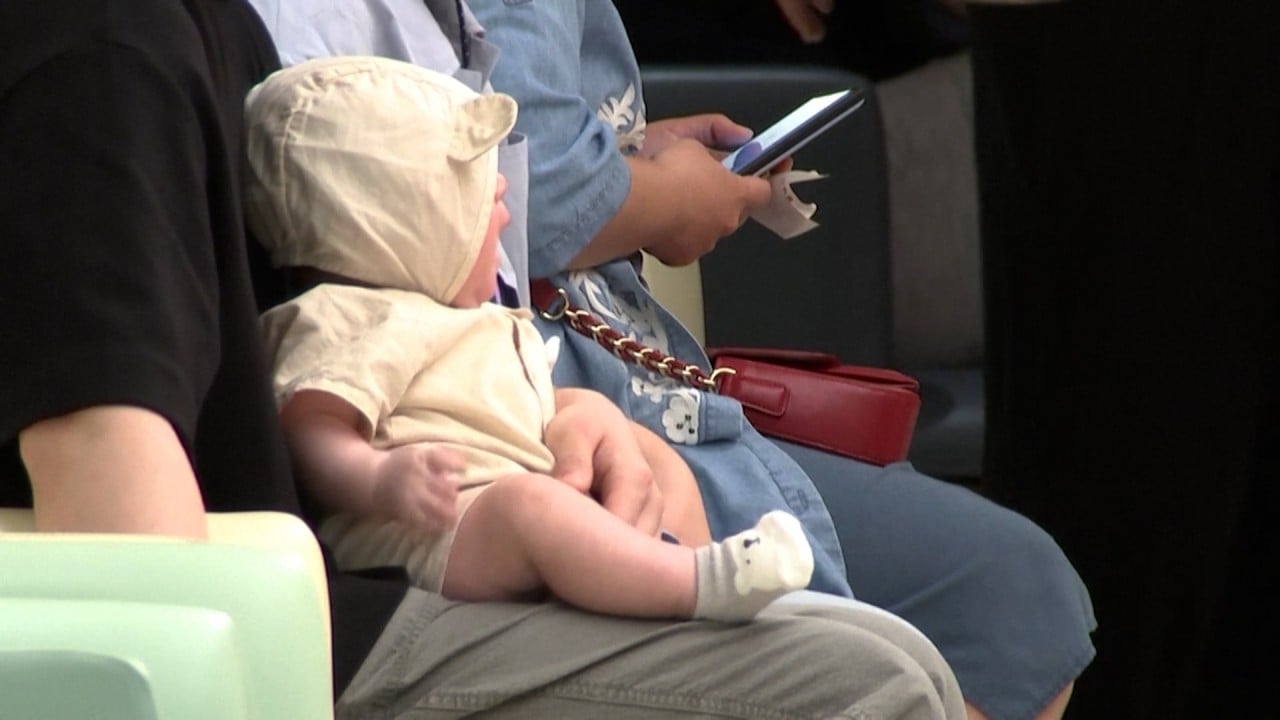“I want to have Saturday date nights with my partner without having to worry about whether my kids are fighting,” she said. “I don’t want to worry about how I’m going to afford my child’s education, and then having that worry double as I think about the other one. A toddler throwing a tantrum in one arm and a baby crying in the other? No, thanks.”

Titled “Family Ideals in an Era of Low Fertility”, the report surveyed more than 22,000 people in eight countries and found that respondents had a preference for one child if resources were limited.
Respondents came from Italy, Japan, Singapore, South Korea, Spain, Norway, the United States and urban China. They were asked to consider factors such as family income, work-life balance and expectations of their children’s education, when deciding on the number of children they wanted.
“The relative indifference about the exact [ideal] number of children may result in couples, on average, opting for only one child to enhance some other family features. This explanation is consistent with observed fertility trends, which are significantly lower than what the traditional two-children ideal would suggest,” the study said.
Fertility rates in developed nations around the world have been on the decline.
In Singapore, preliminary estimates revealed its total fertility rate fell to a record low of 0.97 in 2023 – marking the first time the number had dropped below 1.0. The rate was 1.04 in 2022 and 1.12 in 2021.
A minister last month said in parliament there were “various reasons for Singapore’s low fertility”.
“Some are temporal, for instance, couples that had their marriage plans disrupted by Covid-19, which may in turn have delayed their parenthood plans,” said Minister in the Prime Minister’s Office Indranee Rajah.
“Others cite concerns about the financial costs of child-raising, pressures to be an excellent parent, or difficulties managing work and family commitments,” Rajah said, adding that low fertility rates reflected shifting individual priorities and societal norms.
I envision a life where … the family will be able to do multiple holidays a year
Singaporean Rui Qi, 26, who has a two-year-old daughter, cited the cost of living and the ability to juggle work-life balance as the main reasons for her decision to have one child.
“I don’t see the point of having a child if I’m not going to give her the best of my ability. It is easier to provide for one than a few,” said the self-employed mother.
A larger family would also mean her family would need a bigger home, and given the rising cost of housing, that expense would be “too much” to handle, she added.
Being pregnant again would also be harder to juggle, Rui Qi noted. “As it is, my husband and I don’t have a lot of time to spend together, as we have no one else to watch our child. At least with one child, we can take turns and one can have a breather for a bit,” she said.
Meet the DINKs: across Asia, a new class of childfree couples emerges
Meet the DINKs: across Asia, a new class of childfree couples emerges
For legal associate Teo Wen Xuan, 27, having one child would mean she did not have to sacrifice a comfortable lifestyle.
“I envision a life where we have enough rooms to house every member of the family and the family will be able to do multiple holidays a year,” she said.
Tan Poh Lin, senior research fellow at the Institute for Policy Studies, described the one-child trend as “troubling” for a country already grappling with historically low fertility rates.
“The first child allows the couple the opportunity to experience parenthood, one of the important milestones of life, while couples may go on to have a second or third child to give the child a sibling, or to have a child of another gender,” she said.
“The finding that individuals view one-child families equally ideal as multiple-child families could therefore indicate that the latter set of preferences are less pervasive now.”
Incremental policies, much like the opposite of China’s one-child policy, could help boost fertility rates, Tan said. This would mean policies that support larger families and make it easier for children with siblings to succeed in different stages of life.
“The drop in the total fertility rate to below one is indeed troubling because it means that the population ageing in Singapore will accelerate if things don’t change.”


